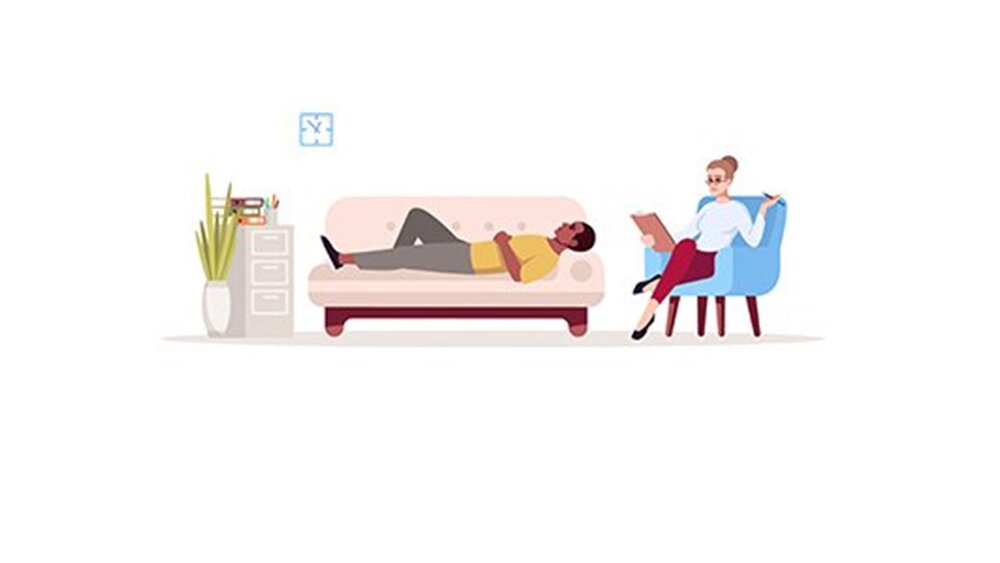What is young adult therapy? This is a question that many people are asking, especially since young adults are a growing population. There are many different issues that young adults face, and these can affect their mental health. In this blog post, we will explore young adult therapy in detail. We will discuss what it is, what types of therapy are available, how it works, and what you can expect from a session. We will also provide tips for tackling young adult issues and advice for parents on how to address these issues with their children.
Contents
Understanding Young Adult Issues

The term “young adulthood” is used to describe the period of life that occurs between adolescence and early adulthood. This time frame can vary depending on a person’s individual development, but it typically falls somewhere between the ages of 18 and 29.
During this stage of life, young adults are transitioning into independent adulthood. They are no longer children, but they are not yet fully established adults. This can be a challenging time, as young adults are trying to figure out who they are and what they want in life. They are also adjusting to new roles and responsibilities, such as working or attending school full-time.
Young Adult Issues
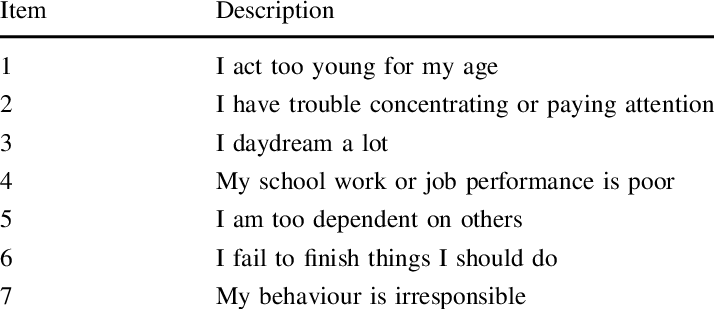
There are many different issues that young adults can face, which can affect their mental health. Some of the most common issues include:
Issues at school or college: Young adults may feel pressure to succeed academically or socially. They may also struggle with the transition to post-secondary education.
Issues at family: Young adults often have strained relationships with their parents or guardians. They may feel like they are no longer children and are not being taken seriously.
Issues at work: Young adults may be struggling to find their first job or coping with a new work schedule. They may also feel overwhelmed by the responsibilities of adulthood.
Issues in society: Young adults can be affected by events happening in the world around them. They may feel anxious or scared about the future, especially if they don’t have a plan for their life.
Types Of Young Adult Issues
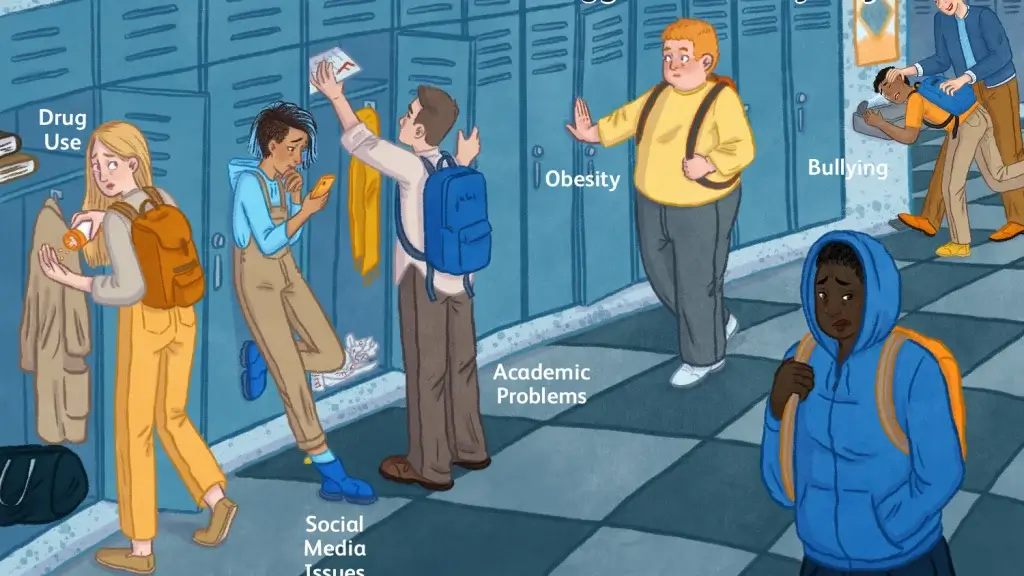
There are many different types of young adult issues that can affect mental health. Some of the most common include:
External Issues
Academic pressure: Young adults may feel pressure to succeed academically or socially. They may also struggle with the transition to post-secondary education.
Drug and alcohol abuse: Young adults may be tempted to engage in risky behaviors, such as drinking alcohol or using drugs. This can lead to problems with their mental health and physical health.
Trauma and abuse: Young adults may have experienced trauma or abuse in their past, which can affect their mental health.
Financial stressors: Young adults may be struggling to find their first job or coping with a new work schedule. They may also feel overwhelmed by the responsibilities of adulthood.
Peer pressure: Young adults may feel pressure to fit in with their friends or to conform to social norms. They may also be tempted to engage in risky behaviors, such as drinking alcohol or using drugs.
Relationship difficulties: Young adults often have strained relationships with their parents or guardians. They may feel like they are no longer children and are not being taken seriously. They may also experience problems in their romantic relationships.
Internal Issues
Gender identity: Young adults who are exploring their gender identity may face challenges and discrimination from family, friends, and society.
Struggles with independence: Young adults may feel anxious or scared about the future, especially if they don’t have a plan for their life.
Self-identity: Many young adults are still exploring who they are and what they want in life. This can be a challenging time, as they are trying to figure out their place in the world.
Transitioning into adulthood: This stage of life can be challenging as young adults are adjusting to new roles and responsibilities, such as working or attending school full-time.
How Young Adult Issues Affect Mental Health?
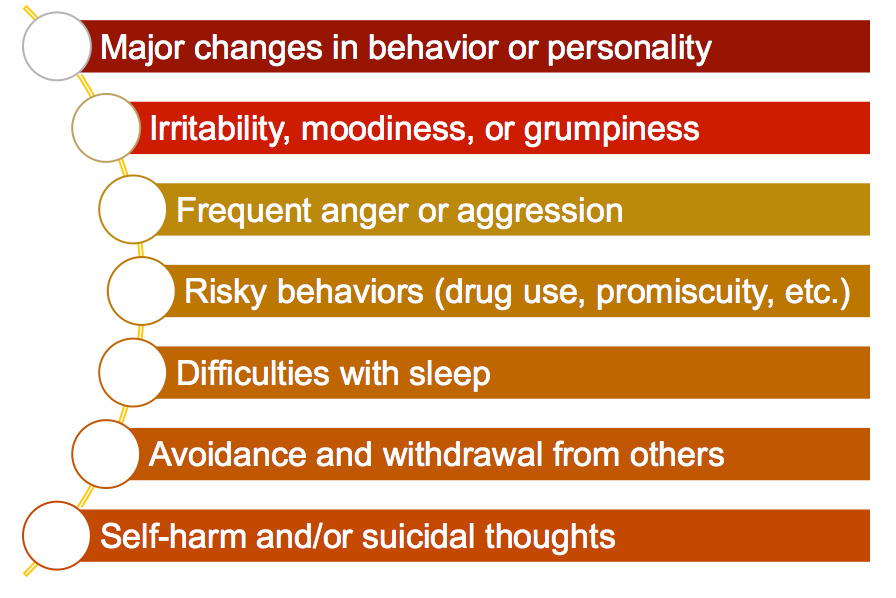
Young adult issues can affect mental health in several ways. Some of the most common include:
Stress: Young adults may feel stressed from trying to balance work, school, and social obligations. They may also feel pressure to succeed or to live up to others’ expectations.
Anxiety: Young adults may feel anxious about the future or about their ability to handle new responsibilities. They may also experience anxiety from stressors like money problems or relationship conflicts.
Depression: Young adults are often at an increased risk for depression, especially if they are struggling with independence, self-identity, or social pressures.
Suicidal thoughts: Young adults are also at risk for suicide, especially if they are experiencing mental health problems like depression or anxiety.
Eating Disorders: Young adults may develop eating disorders as a way to cope with stress or anxiety. They may also use food to control their emotions or to feel in control of their lives.
Exploring Young Adult Therapy
Young adult therapy is a type of counseling or psychotherapy that is specifically tailored for young adults ages 18 to 25. It can help address the unique challenges that this age group faces, such as transitioning into adulthood, relationships difficulties, and mental health problems.
How Does Young Adult Therapy Work?
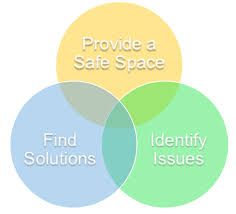
Young adult therapy can help young adults address the issues that are affecting their mental health. The therapist will work with the young adult to identify and understand the sources of their stress or anxiety. The therapist will also help the young adult learn new skills to deal with these problems. Therapy can help young adults deal with a variety of challenges, including:
- Anxiety
- Depression
- Drug and alcohol abuse
- Eating disorders
- Relationship problems
- Sexual identity issues
- Stress
- Trauma and abuse
What Can You Expect In a Young Adult Therapy Session?
A typical session in young adult therapy may include:
The therapist will:
- Ask about the young adult’s goals for therapy and what they hope to achieve.
- Discuss the challenges that the young adult is currently facing.
- Help the young adult develop strategies to deal with these challenges.
- May also guide how to improve relationships with family and friends.
What Are Types Of Young Adult Therapy?
There are many different types of young adult therapy. Some of the most common include:
Individual therapy: Individual therapy is a type of counseling that takes place one-on-one with a therapist. It can help young adults explore their thoughts and feelings, deal with stress and anxiety, and address relationship problems.
Group therapy: Group therapy is a type of counseling that takes place in a group setting. It can help young adults connect with others who are going through similar challenges, share their experiences, and learn from each other.
Family therapy: Family therapy is a type of counseling that takes place between family members. It can help improve communication within the family, resolve conflicts and address issues like drug or alcohol abuse.
Cognitive-behavioral therapy: Cognitive behavioral therapy is a type of counseling that focuses on changing the way a person thinks and behaves. It can help young adults learn how to deal with stress, anxiety, and depression.
Dialectical behavior therapy: Dialectical behavior therapy is a type of counseling that helps people manage their emotions. It can help young adults learn how to cope with stress, anger, and impulsiveness.
Mindfulness-based therapy: Mindfulness-based therapy is a type of counseling that helps people focus on the present moment. It can help young adults learn how to deal with negative thoughts and emotions, and improve their overall well-being.
What Skills Do You Gain In Young Adult Therapy?
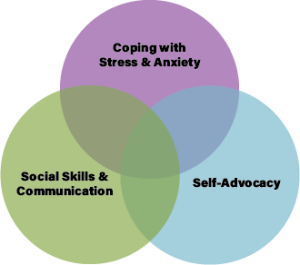
Some of the skills that you can expect to learn in therapy include, how to:
Cope with change and uncertainty: Young adults can learn how to cope with change and uncertainty in their lives. They can also develop a sense of trust in themselves and the world around them.
Deal with difficult emotions: Young adults can learn how to identify and healthily express their feelings. They can also learn effective coping strategies for dealing with anger, sadness, or fear.
Manage relationships effectively: Young adults can learn how to build healthy and positive relationships with others. They can also learn how to deal with conflict in a constructive way.
Handle stress and anxiety: Young adults can learn how to manage their stress and anxiety through relaxation techniques, deep breathing exercises, and positive self-talk.
Solve problems: Young adults can learn how to problem-solve effectively by breaking down problems into manageable steps.
Communicate better: Young adults can learn how to communicate their needs and feelings more effectively, both verbally and nonverbally.
Set healthy boundaries: Young adults can learn how to set boundaries with others and protect their mental health.
Tackling Young Adult Issues
There are many things that you can do to address young adult issues on your own. Some tips include:
Talking to a friend: Talking to a friend can be a great way to get support and advice. Friends can offer practical solutions and emotional support.
Journaling: Journaling can be a helpful way to express your thoughts and feelings. It can also help you track your progress over time.
Exercising: Exercising is a great way to relieve stress and anxiety. It can also improve your mood and overall well-being.
Eating healthy: Eating healthy can help you feel better mentally and physically. It can also boost your energy levels and help you stay focused.
Getting enough sleep: Getting enough sleep is essential for optimal mental health. It can help you feel more alert and energetic and improve your mood.
How Parents Can Help With Young Adult Issues?
Parents can help their children with young adult issues in several ways. Some of the most effective strategies include:
Listening attentively and being supportive: Parents should listen to their children and offer emotional support. They should also avoid judgment or criticism, no matter what the child is going through.
Giving advice sparingly: Parents should give their children advice only when it is asked for. Otherwise, they should allow their children to make their own decisions and mistakes.
Helping with practical tasks: Parents can help their children with practical tasks like finding a job, looking for housing, or dealing with bills.
Providing structure and stability: Parents can provide structure and stability in their children’s lives by setting rules and limits and being there for them emotionally.
How Mentors Can Help Address Young Adult Issues Via Self-help Techniques?
Mentors can help young adults address their issues by providing them with support and guidance. Some of the most effective ways to do this include:
Sharing personal experiences: Mentors can share their own experiences with young adults, offering advice and support.
Helping set goals: Mentors can help young adults set and achieve realistic goals, providing guidance and support along the way.
Encouraging positive behavior: Mentors can encourage young adults to behave positively, setting a good example for them to follow.
Providing social support: Mentors can provide social support to young adults, helping them to connect with others and make friends.
Talking To a Professional
If you are struggling with young adult issues, it may be helpful to talk to a professional. A therapist can provide guidance and support, and help you find the best treatment plan for you.
Free Therapy For Young Adults
If you are a young adult and need help, consider seeking out free therapy. Many organizations offer free or discounted therapy services to young adults. Check with your local mental health center or search online for “free therapy for young adults”.
How To Find a Therapist As a Young Adult?
If you are looking for a therapist as a young adult, there are a few things to keep in mind. Some tips include:
Finding someone who specializes in young adults: It is important to find a therapist who specializes in working with young adults. This will ensure that they have the knowledge and experience necessary to help you.
Looking for someone who is a good fit: It is important to find a therapist with who you feel comfortable. You should feel like you can open up to them and share your thoughts and feelings.
Considering cost: Therapists charge different rates, so it is important to consider what you can afford. Many therapists offer sliding scales or payment plans.
NOTE: Finding the right therapist can be a daunting task. But with the right information and support, you can find the therapist that is right for you.
Experts Advice On Young Adult Issues

If you are a parent, mentor, or therapist working with young adults, here are some expert tips on how to address common issues:
Stress and anxiety: Help young adults learn how to cope with stress and anxiety by teaching them relaxation techniques like deep breathing and yoga.
Depression: Encourage young adults to get regular exercise and eat healthy foods. Make sure they get enough sleep and talk to them about seeking professional help if the depression is severe.
Self-esteem: Help young adults build self-esteem by praising their accomplishments, no matter how small they may seem. Encourage them to set realistic goals and give them positive feedback when they achieve them.
Relationships: Help young adults develop healthy relationships by teaching them communication and conflict resolution skills. Encourage them to spend time with positive people who will support their growth.
Substance abuse: Encourage young adults to avoid substance abuse by setting a good example and talking to them about the dangers of drug and alcohol use. Help them find healthy activities to replace substance abuse.
Bullying: Help young adults stand up to bullies by teaching them how to respond assertively. Encourage them to seek help from a trusted adult if the bullying is severe or ongoing.
School problems: Help young adults find solutions for school problems by talking to their teachers, meeting with administrators, or seeking help from a tutor. Encourage them to stay organized and ask for help when they need it.
Career planning: Help young adults plan their careers by talking to them about their interests and strengths and helping them explore different career options. Encourage them to set goals and take action steps towards achieving them.
Case Study
Here is an example of how a mentor might help a young adult address one of the issues mentioned above:
Kate is a 20-year-old college student who is struggling with depression. Her mentor, Sarah, knows that she has been dealing with this issue for a while and decides to talk to her about it. Sarah shares her own experiences with depression, offers advice on how to cope with it, and encourages Kate to seek professional help if the depression is severe. She also helps Kate set goals for herself, praising her when she achieves them. Over time, Sarah becomes a trusted friend and advisor to Kate, helping her to deal with many of the other challenges that come up in her life.
The Key Message
Mentors can play an important role in helping young adults address common issues like stress, anxiety, depression, and relationships. By providing guidance, support, and positive feedback, mentors can help young adults grow into happy and healthy adults.
If you are struggling with a young adult issue or just want to talk to someone about it, please reach out for help. There are many resources available, including therapists, support groups, and online forums. You are not alone!
Movies And Books On Young Adult Issues
If you want to learn more about young adult issues, here are some great movies and books to check out:
Movies: “The Perks of Being a Wallflower,” “The Fault in Our Stars,” “Angst: Raising Young Courageous Kids in a Crazy World”
Books: “Too Late to Die, Young,” “The Young Adult’s Survival Guide to Depression and Anxiety,” “The Defining Decade: Why Your Twenties Matter–and How to Make the Most of Them Now”
Websites: If you want more information about young adult issues, you can check out the National Institute of Mental Health: nimh.nih.gov
Conclusion
Young adults face many challenges in their lives, and it can be tough to know how to deal with them. Fortunately, there are many resources available for help. Mentors can play an important role in supporting young adults as they navigate these challenges and grow into healthy adults. If you are struggling with a young adult issue, please reach out for help. You are not alone!
A Word From Therapy Mantra
Your mental health — Your psychological, emotional, and social well-being — has an impact on every aspect of your life. Positive mental health essentially allows you to effectively deal with life’s everyday challenges.
At TherapyMantra, we have a team of therapists who provide affordable online therapy to assist you with issues such as depression, anxiety, stress, workplace Issues, addiction, relationship, OCD, LGBTQ, and PTSD. You can book a free therapy or download our free Android or iOS app.
